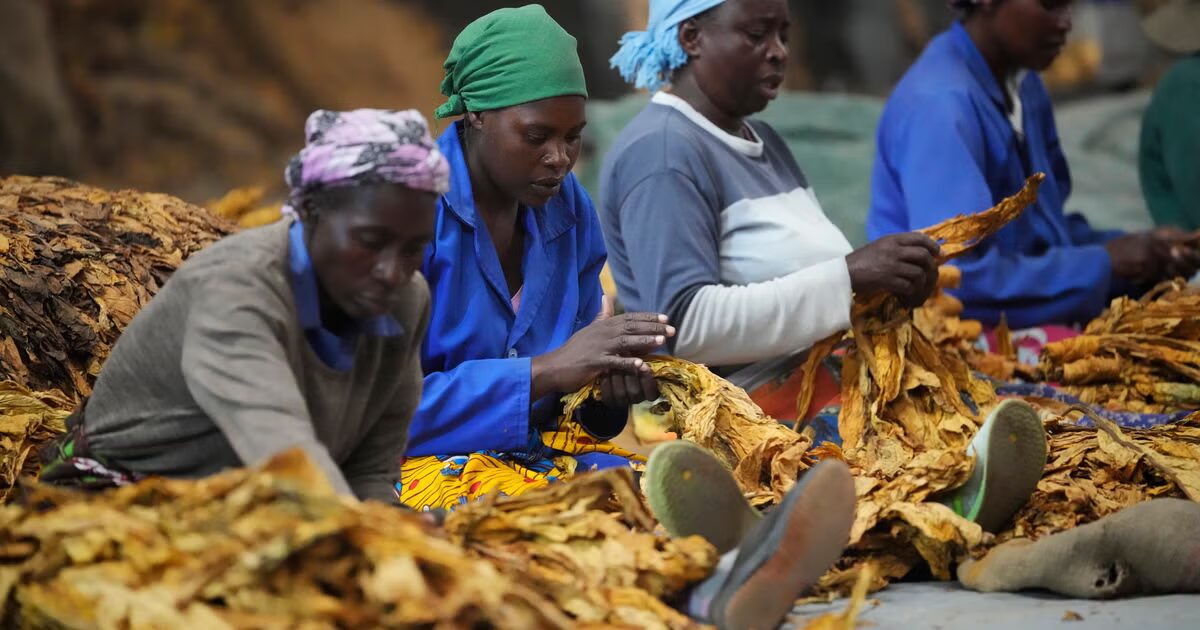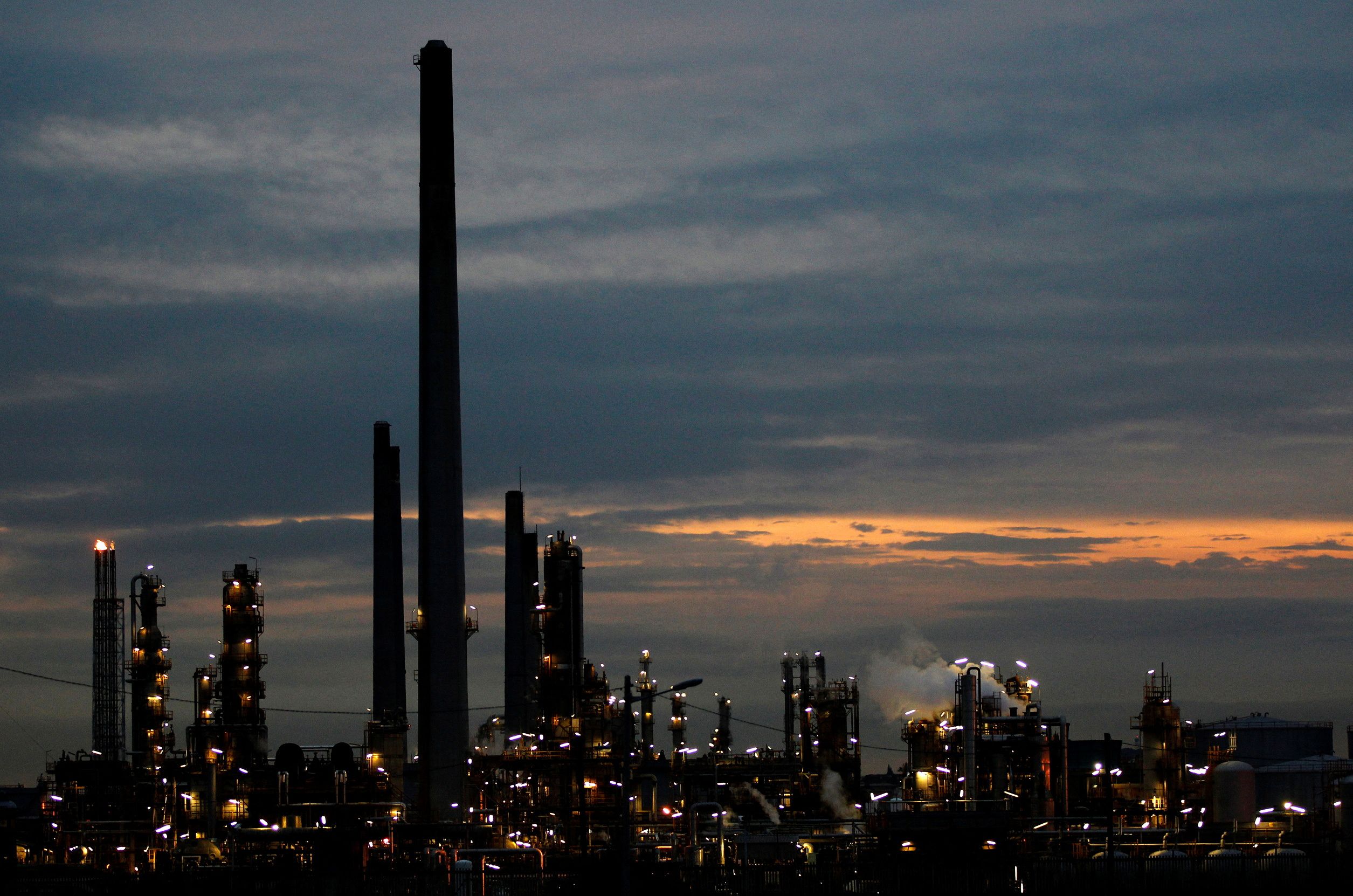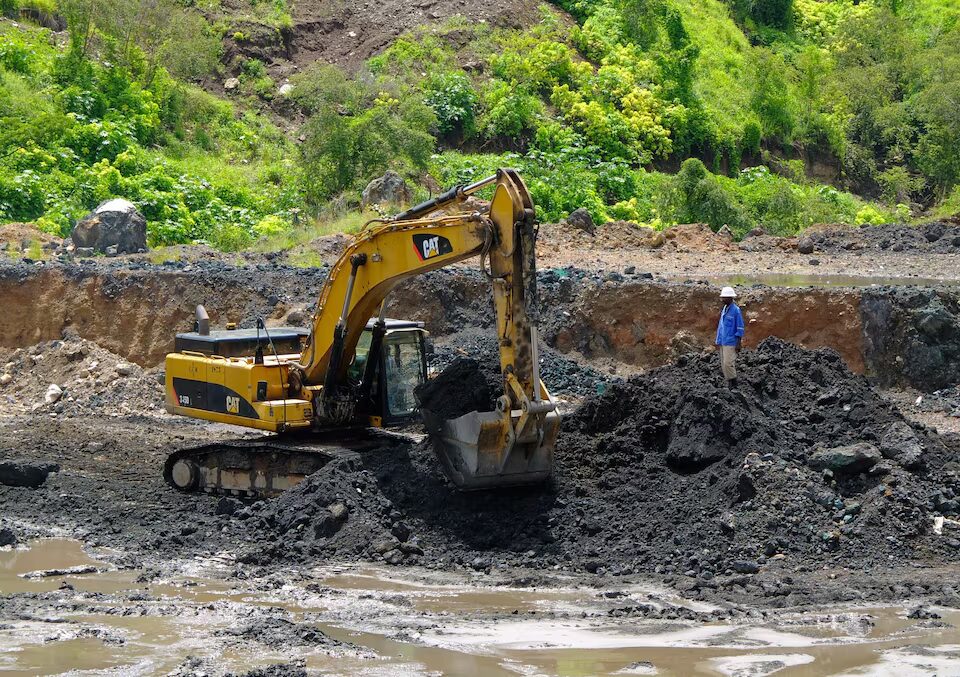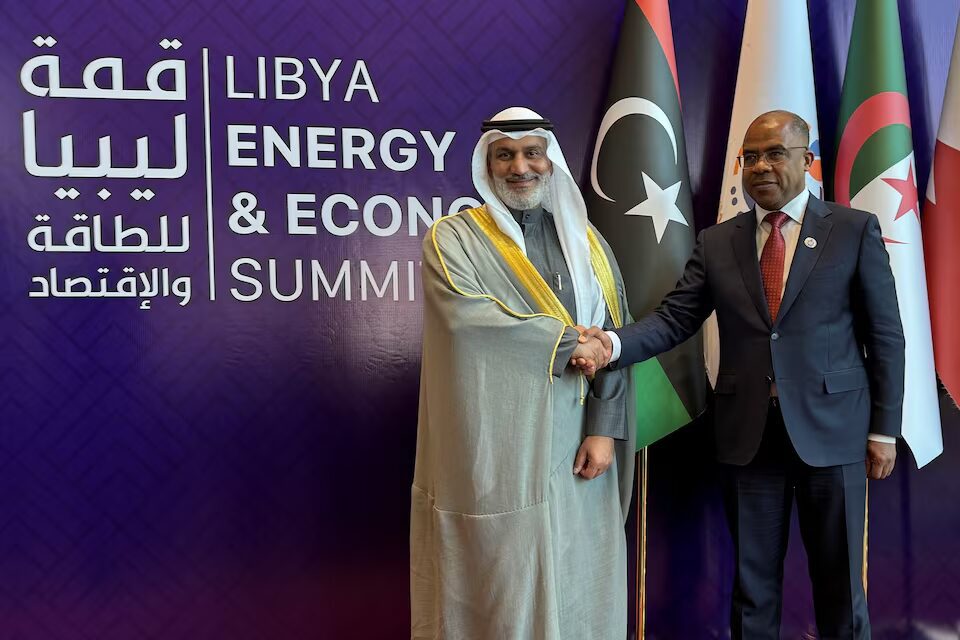
Friday 19th September 2025

inAfrika Newsroom
Africa has taken a major step toward harmonising oil and gas rules after regulators from across the continent launched the African Petroleum Regulators Forum (AFRIPERF) in Accra, aiming to cut red tape, align standards and make cross-border projects easier to finance. Organisers said 16 countries attended the charter ceremony, with eight—led by Nigeria and Ghana—signing immediately and others signalling support pending domestic reviews.
The forum will create standing executive and technical committees to coordinate on items that often slow projects: environmental baselines and methane rules, cross-border gas trade protocols, data disclosure, and digital reporting. Elections for forum leadership and a decision on the permanent headquarters are expected in the coming weeks, according to Nigeria’s upstream regulator.
Backers argue that fewer, clearer rules can unlock capital for pipelines, gas processing and storage—areas where fragmented regimes have historically raised costs. With Africa seeking to expand domestic gas use for power and industry while cutting flaring, common standards could also help governments negotiate with investors on lower-emissions developments and carbon management.
The initiative comes as governments weigh the balance between energy access and climate goals. Supporters say transparent, predictable regulation can accelerate the build-out of gas-to-power and industrial feedstock projects while keeping a line of sight to global climate commitments. Critics warn that coordination must not become another layer of bureaucracy; the forum’s early test will be how swiftly it publishes model rules and joint timelines.
Market analysts note potential near-term wins: unified standards for pipeline interconnections and swap arrangements; consolidated local-content guidelines that reduce compliance friction for regional service firms; and shared incident reporting to lift safety performance. A single venue for regulator-to-regulator dialogue could also speed approvals for cross-border infrastructure such as the Nigeria–Morocco gas corridor and LNG tie-ins serving landlocked markets.
What’s next: the forum’s secretariat is drafting a 12-month workplan to circulate among signatories, industry groups and civil society. Observers will watch for early deliverables like model methane rules, a template for gas transmission tariffs, and a public dashboard tracking approvals and project-finance milestones.


